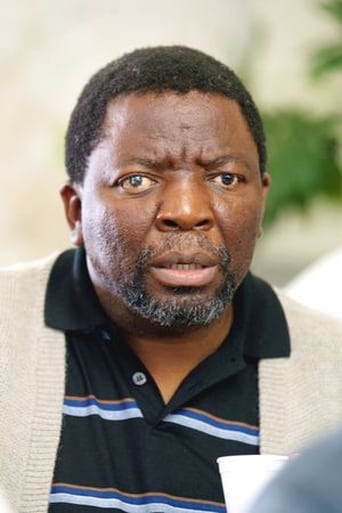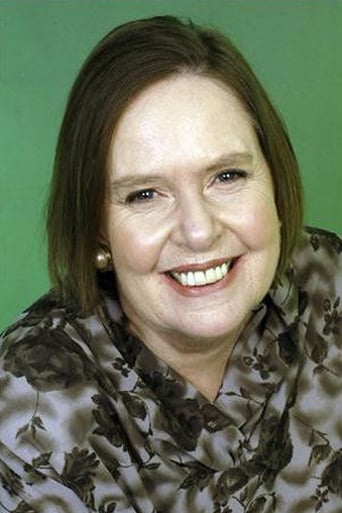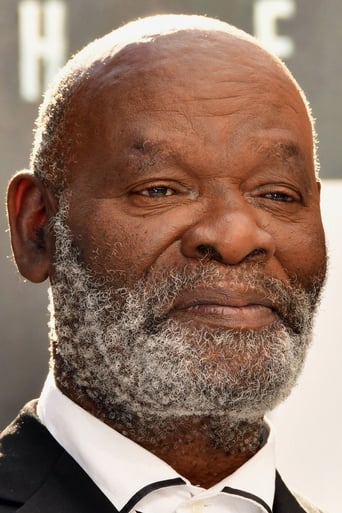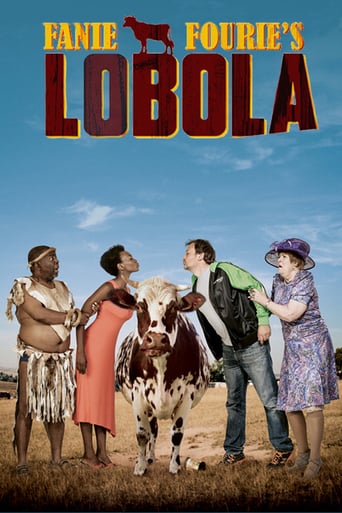
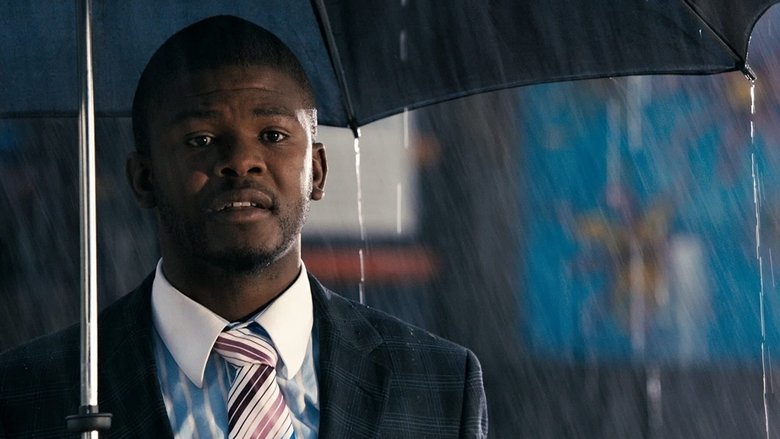
Fanie Fourie's Lobola (2013)
After Fanie takes Dinky, a strong Zulu woman, to his Afrikaans family wedding, the two find an unexpectedly fun cross-cultural romance. But in order to marry Dinky, Fanie must negotiate to pay Lobola (a South African dowry).
Watch Trailer
Cast


Reviews
I'm sorry, I just don't appreciate it when cultural differences are thrown in your face. What could potentially have been a wonderful movie is ruined by the desperate urge to be ever-so-South African
Loved this movie from start to finish! The storyline, characters, music, humor and colors of Africa kept me thoroughly entertained. Not to be missed!! So many aspects of the South African culture are brought to light in a subtle, almost teasing way including satire from the white as well as black perspective and their in-bred intolerance of one another's customs and traditions. Each one of the characters is so endearing in their own way - from Dinky and Fanie with their casual, easy acceptance of one another to Fanie's racist Afrikaner mother and brother who just don't get it. The movie is so entertaining and the music so catchy that it will have you singing and smiling your way through to the end.
I started watching this movie late at night, confusing it with another movie I've seen parts of, also involving an interracial marriage. I have to admit, I'm not much of a fan of Afrikaans movies, even though I am Afrikaans speaking myself, because there are so few really stunning Afrikaans movies (even if subtitled as it is here). I think I started watching about 15 minutes into the movie, but with every minute that passed, I became more intrigued. As far as I know, modern black women in South Africa, no longer practice the tradition of lobola, so some of it probably takes a suspension in belief. However, towards the end of the movie, it felt like a universal movie theme to me, this modern tale of Romeo and Juliet, set against the backdrop of modern day South Africa and the challenges couples of different cultures face, because even though South Africans think they have come a long way in embracing the 'world view', so to speak, entrenched in their hearts, there is still a strong fall-back to tradition. What stands out even more than that though, is that like in all great love stories, it often is not the couple having the difficulty in adjusting and living in harmony, but obviously their friends and family, who all bring their own views and prejudice into the mix. Isn't that what makes successful, enduring unions after all, the ability to cling to one another despite adversity and draw their strength and validation from each other? I hope you all enjoy the movie as much as I did. English is not my first language, so I hope this is linguistically correct!
Most of us are familiar with the term "dowry." Still relevant in some Asian, Middle Eastern, and African countries, a dowry is the provision the family of the bride makes for her future security by transferring property or wealth to the groom and his family at the time of her marriage. Less familiar is the "brideprice" or "lobola," a South African custom where the groom pays the family of his fiancée (in cattle or cash) for her hand in marriage. According to the definition, "The custom is aimed at bringing the two families together, fostering mutual respect, and indicating that the man is capable of supporting his wife financially." Based on a novel of the same name by Nape 'a Motana, Henk Pretorius' romantic comedy Fanie Fourie's Lobola makes knowledge of the South African custom available to the rest of the world in its depiction of the difficulties a loving couple faces when they try to bridge the racial divide. Winner of the Audience Award at the Seattle Film Festival and spoken in a mixture of Afrikaans, English and Zulu, the movie is a joyous odyssey filled with vibrant colors, comic situations, and an exuberant soundtrack filled with the rhythm of local artists such as Freshlyground, Radio Kalahari Orkes, and Jack Parow.Like many films of the genre, FFL has contrived situations and a predictable outcome, yet half the fun is not where the film ends up, but the joy in getting there. The movie opens on a dare. Sarel (Chris Chameleon) an Afrikaans rock star, dares his brother Fanie Fourie (Eduan van Jaarsveld) to ask the next woman he sees in his cake shop to go with him to Sarel's wedding. The first one who enters is Dinky Magubane (Zethu Dlomo), a young Zulu woman who agrees to go with Fanie. The unlikely partners come from vastly different backgrounds with Fanie being raised in middle class surroundings in Pretoria, and Dinky growing up in a small village in Attridgeville, filled with rural shacks.Fanie calls himself an "artist panlebeater" who painfully restores cars battered in mishaps of one kind or another. Dinky is a university graduate with a keen intelligence and has plans to start her own business though she has been rejected twice for financing. He is taken by her beauty, telling her on their first date how "exquisite" she looks in her green gown. They soon find out, however, what they are up against when the "black pixel" is removed from the family wedding photo. The sincerity of their relationship also does not quell the opposition of Fanie's judgmental family (Marga van Rooy and Richard van der Westhuizen or Dinky's father (Jerry Mofokeng), a Zulu traditionalist, though the film treats all of its characters with respect.Dinky's father is willing to trade his daughter to the highest bidder and negotiates with those suitors he finds acceptable. Dinky, however, refuses to accept lobola, believing that it treats women as commodities to be bought and sold. The film, however, is neutral on the subject, depicting one view of lobola as a way of showing respect to the future wife and her family. Fanie must provide the lobola if he wants to win Dinky's hand but his failure to come up with the gift prompts his mother to tell him that it proves he isn't African. His reply, "If we're not African, what are we doing here?" does not solicit a response.While all of this sounds very serious, the film is, in essence, a broad comedy and the potential heaviness of the theme is lightened by situations we can all laugh about. While on the surface Fanie and Dinky are worlds apart and neither knows very much about the others culture, as they spend time in each others world, the boundaries begin to dissolve and it is clear that Pretorius believes that, in the new South Africa, love can transcend the racial barriers and the rigidity of outdated traditions.


